Aviation ground school serves several important purposes for new and long-professional pilots. Even pilots with thousands of hours undergo a form of ground school when working on an additional certificate or type rating in an airplane which is new to them.
Whether taken online at the student’s own pace or under the guidance of an in-classroom Certified Flight Instructor (CFI), it provides a vital basis for simulator work or flight training.
Aviation Ground School for Student Pilots
Ground school might take place at a flight school in a traditional classroom with other pilots and an instructor working with a white board or videos. This option works well for those who learn via listening and active repetition or questioning. When aviation ground school is offered in conjunction with an academic program, it might stretch out over a semester, and involve group study or tests for grades.
Taking this requirement in person at a flight school enables student pilots to fully access the instructor’s knowledge and experience.
Another way to complete this requirement is to do so online. Since more experienced pilots do not usually undertake courses which are as intensive and involved as those for student pilots, they tend to tackle this requirement in this manner. Online ground school can work well for visual learners or those who interact efficiently with graphics.
Ground School as an Educational Foundation
Ground school is such a vital aspect of aviation education and does not stop with earning the private certificate. Every time a pilot advances to a new certificate or type rating, he or she must undertake ground school. This is one of the reasons why paying attention and investing time in school as a student pilot is imperative: Not only is it teaching the pilot about basic aviation principles, it is also instructing in the very act of “how to do ground school”.
Gaining the ability to process a large amount of technical information quickly and accurately is as important as the information itself. By demonstrating the study skills and discipline necessary to succeed in initial aviation ground school, student pilots position themselves well for the rest of their careers.
Utilizing the new ability to synthesize and incorporate a great deal of technical information in a relatively short time is necessary for a pilot, as he or she will repeat this frequently during their career. Even if a pilot only flies recreationally, he or she must demonstrate command of the aircraft during future check rides.
Knowledge in the Field
Progressing from no aviation knowledge at all to the ability to safely command an aircraft requires complex brain functions and the ability to put academic knowledge into action. Therefore, it is generally inefficient to attempt to cram in all that is necessary for a student pilot to know while in the cockpit. Fuel can be expensive, as are an instructor’s time and sessions in a simulator. Coming to a cockpit or sim session armed with an understanding of the lesson’s objective helps to accelerate understanding and assimilation of knowledge.
Part of basic aviation knowledge also includes a complete understanding of Federal Aviation Administration (FAA) rules and regulations. This contributes to the safety of not only the pilot, but those also in the air and on the ground. Learning what a pilot can and cannot do at various levels of experience helps the aviator to plan wisely, operate safely, and respect the rules of the airways. The information the student pilot learns in aviation ground school will often appear on the FAA’s Knowledge Test, which the candidate must pass before gaining the private certificate.
Aviation Ground School beyond the Private Certificate
Student pilots spend most of this period learning the basics of safe aircraft operation, as well as the scientific basis for aeronautics. They will also learn about the aircraft in they will train on, usually a Cessna, Piper, or Diamond. Studying the cockpit layout, how its systems work, and other necessities will help decrease anxiety in the air and help the pilot to respond quickly and calmly in emergencies.
Just as in initial aviation school, pilots must learn advanced aerodynamic principles and FAA regulations pertaining to their new certificate or rating. Those studying to become a flight instructor for example, will take courses in how to impart complex knowledge. Commercial pilot candidates will study the differences between major airlines and charter operations, as well as the regulations defining both.
Pilots who are adding a new aircraft rating will delve into the nuances and systems of airplane—pneumatic, electronic, environmental, hydraulics, and so on. They will focus on alarm statuses and cockpit layout, as well the aircraft’s performance limits and capabilities. Commercial pilots especially are expected to demonstrate advanced command of aerodynamic principals preparedness to an aircraft which is new to them.
Treating Ground School Seriously
Since aviation ground school is so important to each aspect of a pilot’s career, it makes sense to treat it with the seriousness it deserves. Especially while absorbing the material online; it can be tempting to quickly advance through the material or skim through with distractions in the background. Truly doing the work of ground school, particularly as a student pilot, will make future aviation learning endeavors easier and safer.
Read More:
Ready to soar in your aviation career?
Mr. Matthew A. Johnston has over 23 years of experience serving various roles in education and is currently serving as the President of California Aeronautical University. He maintains memberships and is a supporting participant with several aviation promoting and advocacy associations including University Aviation Association (UAA), Regional Airline Association (RAA), AOPA, NBAA, and EAA with the Young Eagles program. He is proud of his collaboration with airlines, aviation businesses and individual aviation professionals who are working with him to develop California Aeronautical University as a leader in educating aviation professionals.
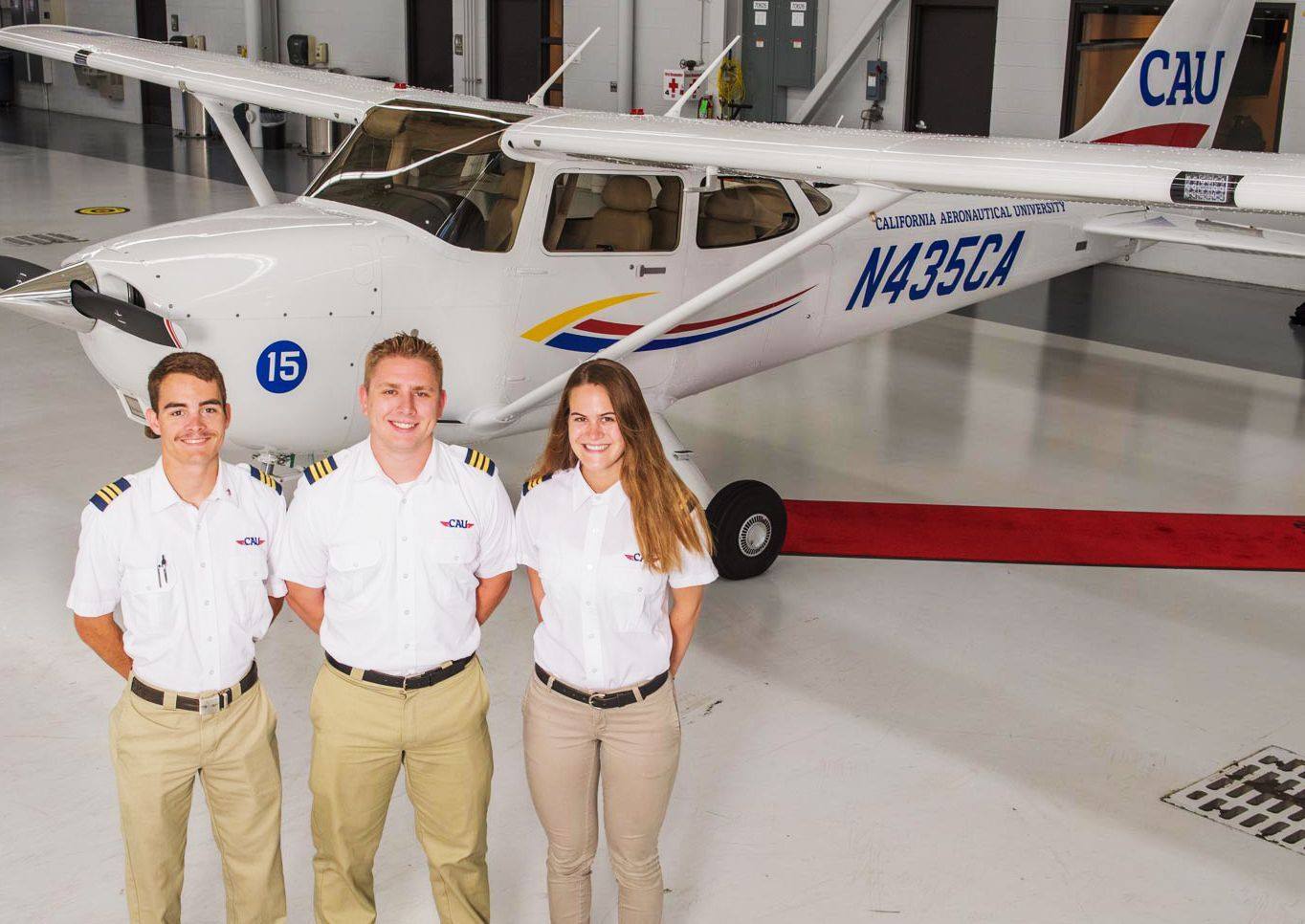

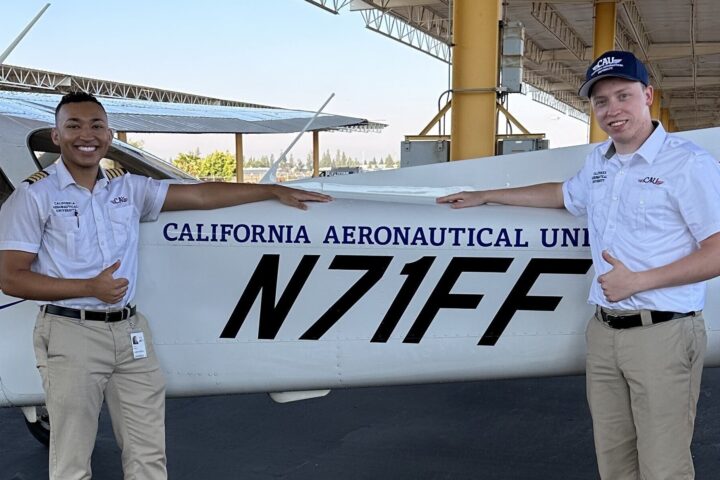
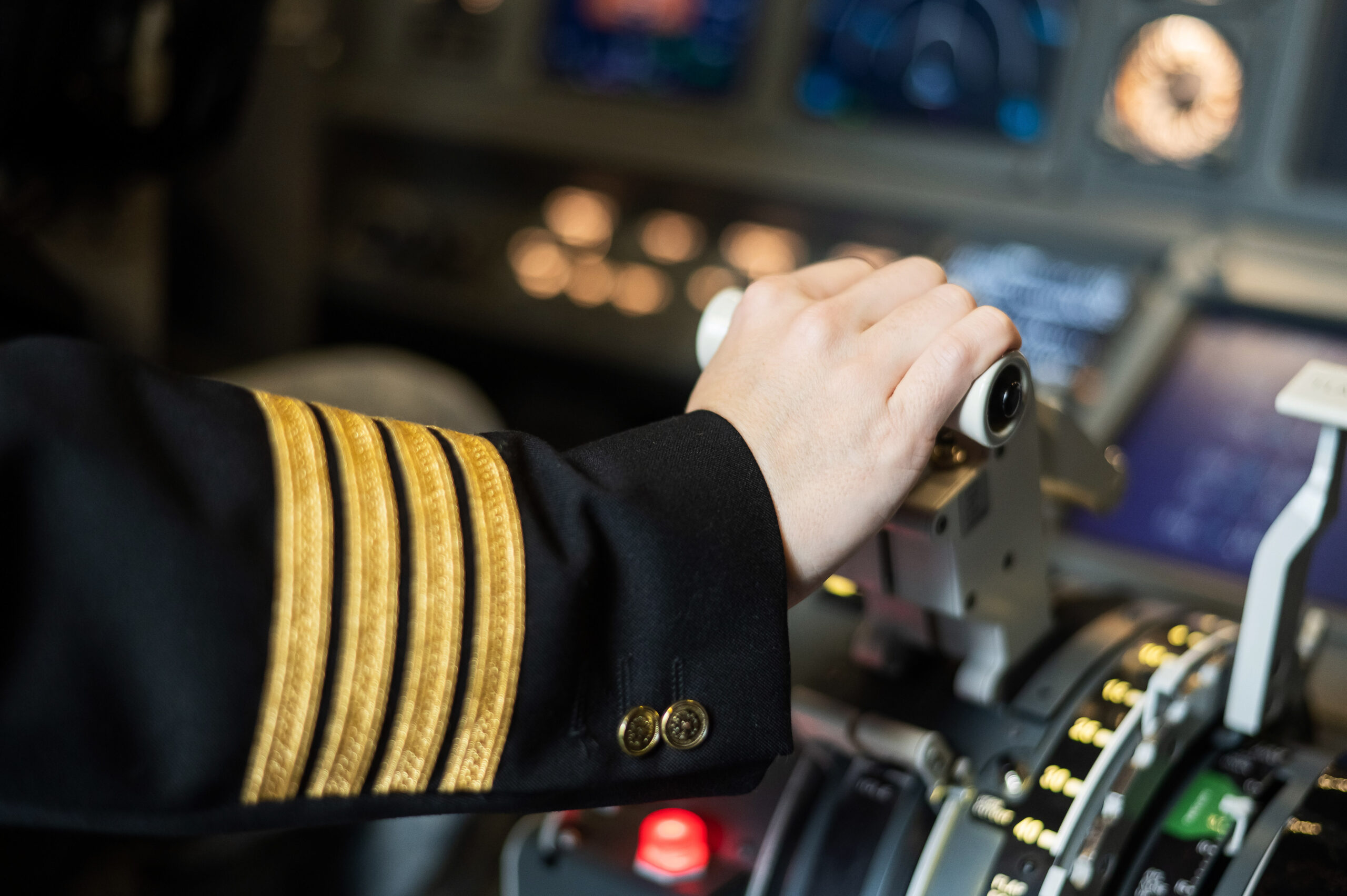
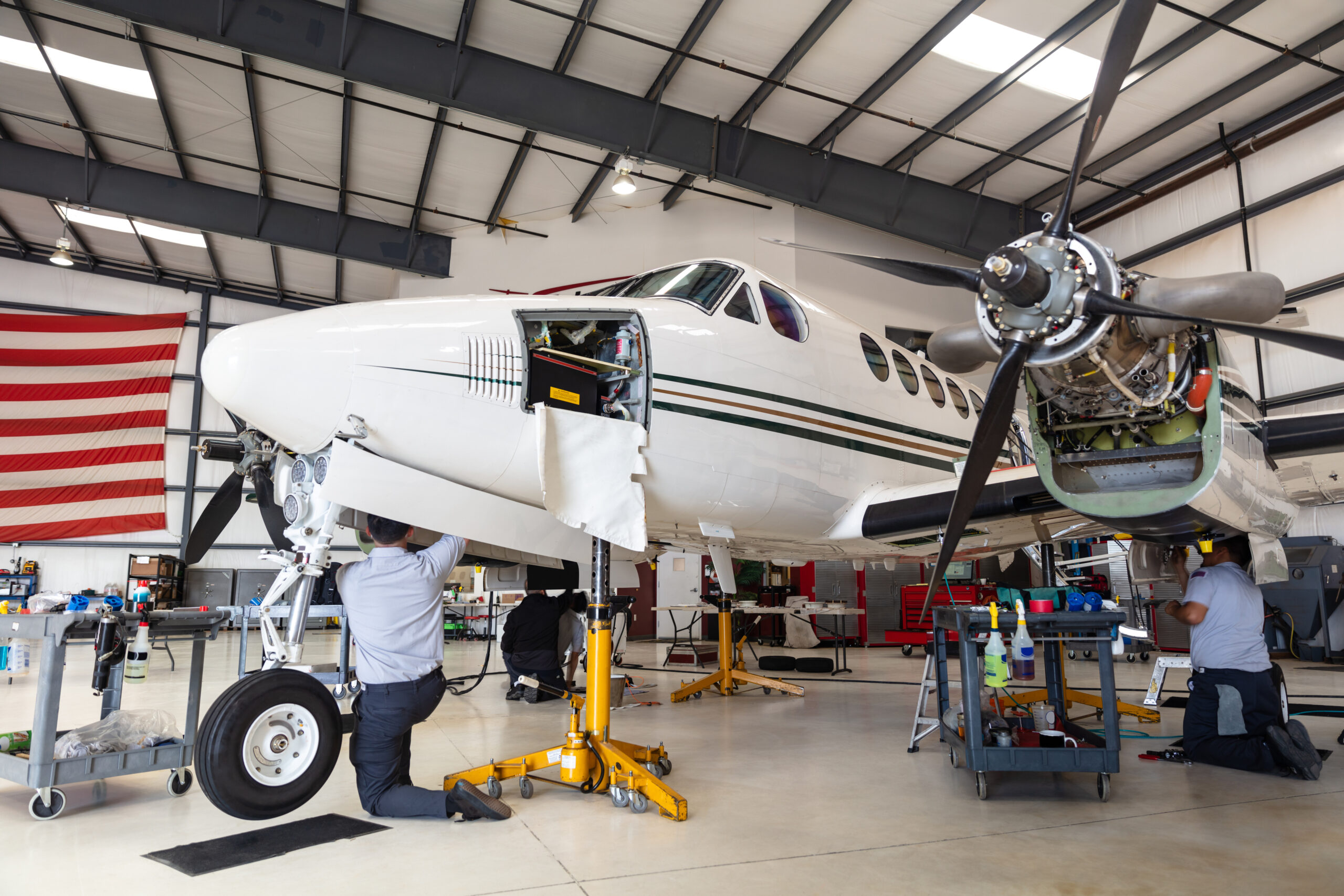

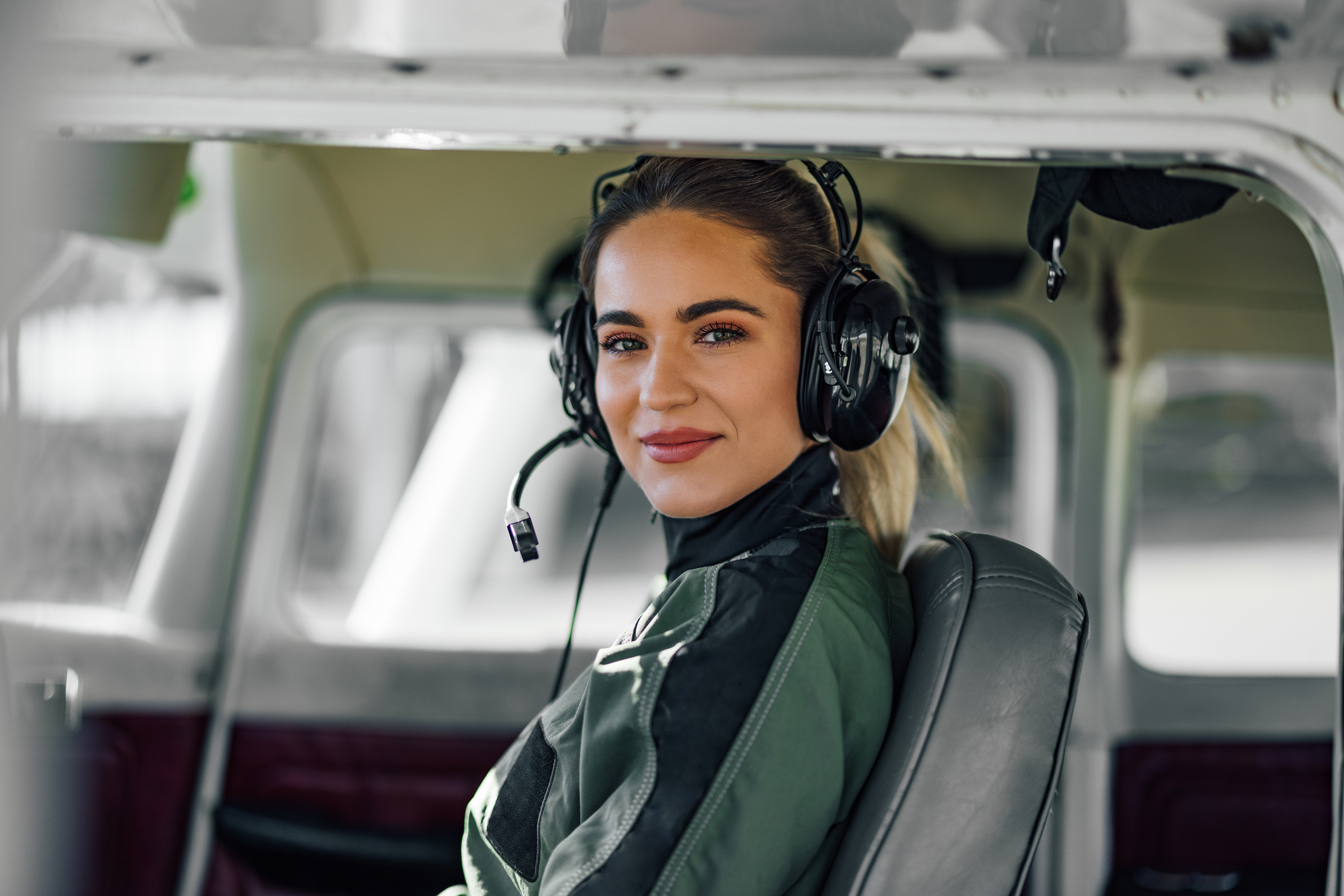

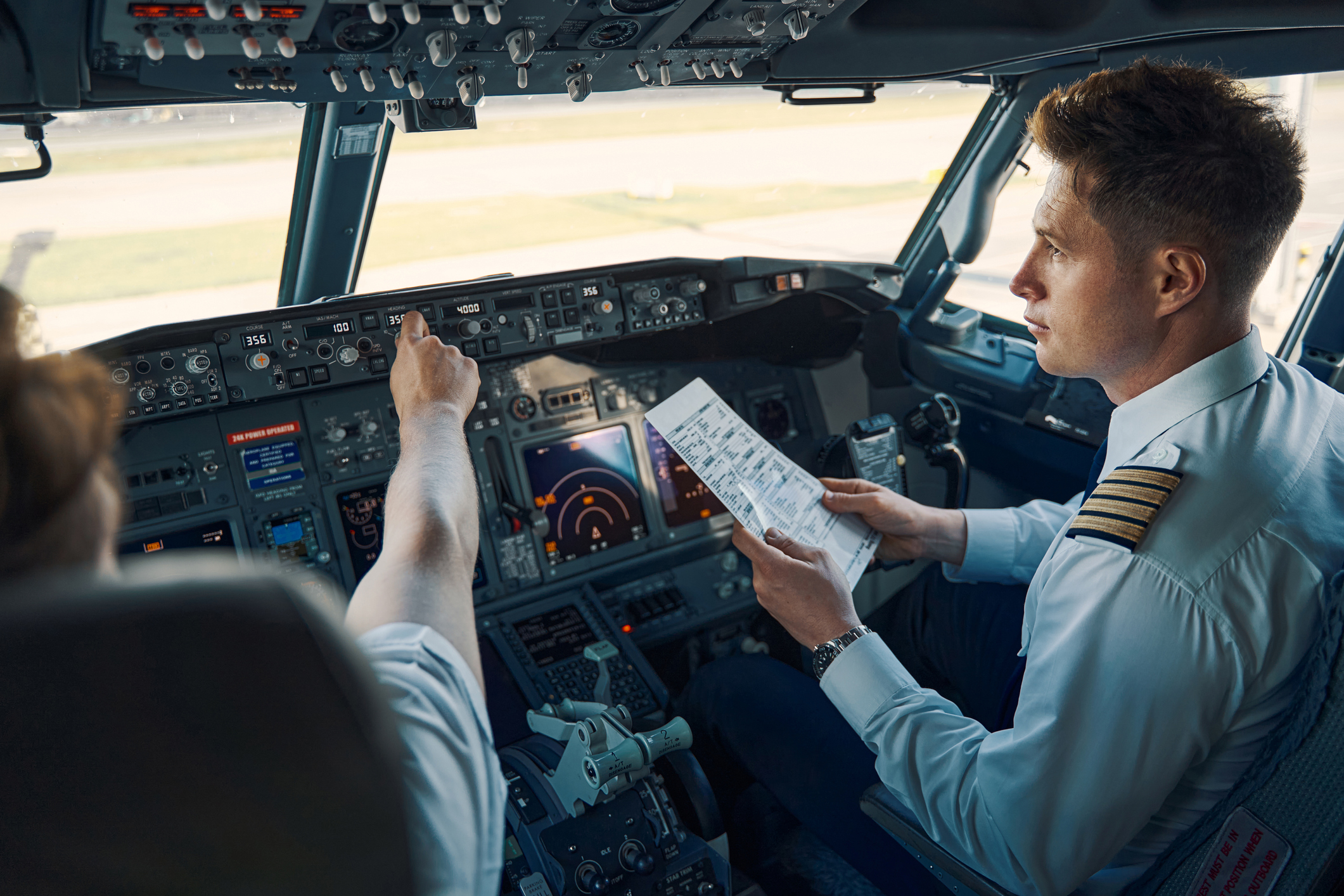
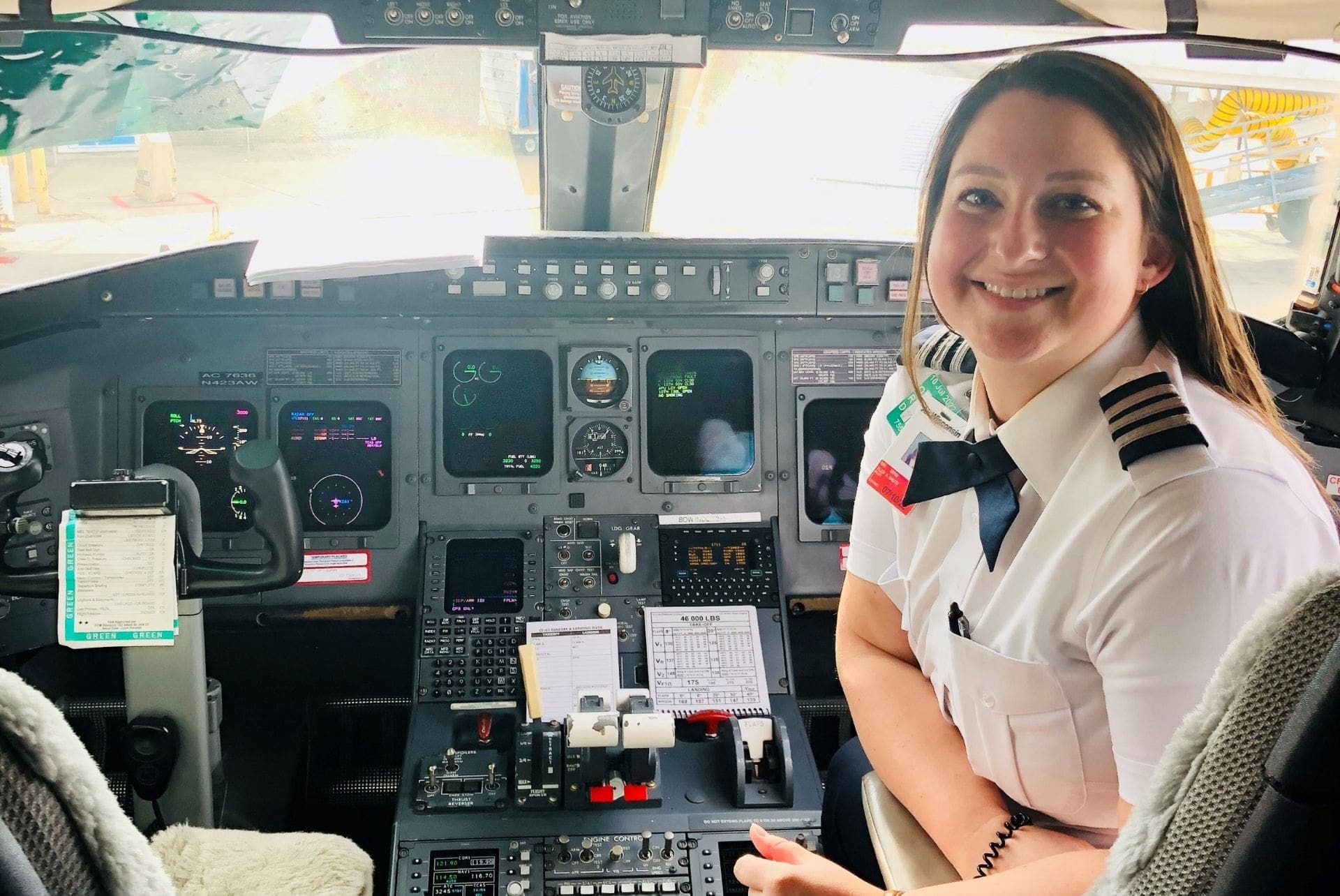
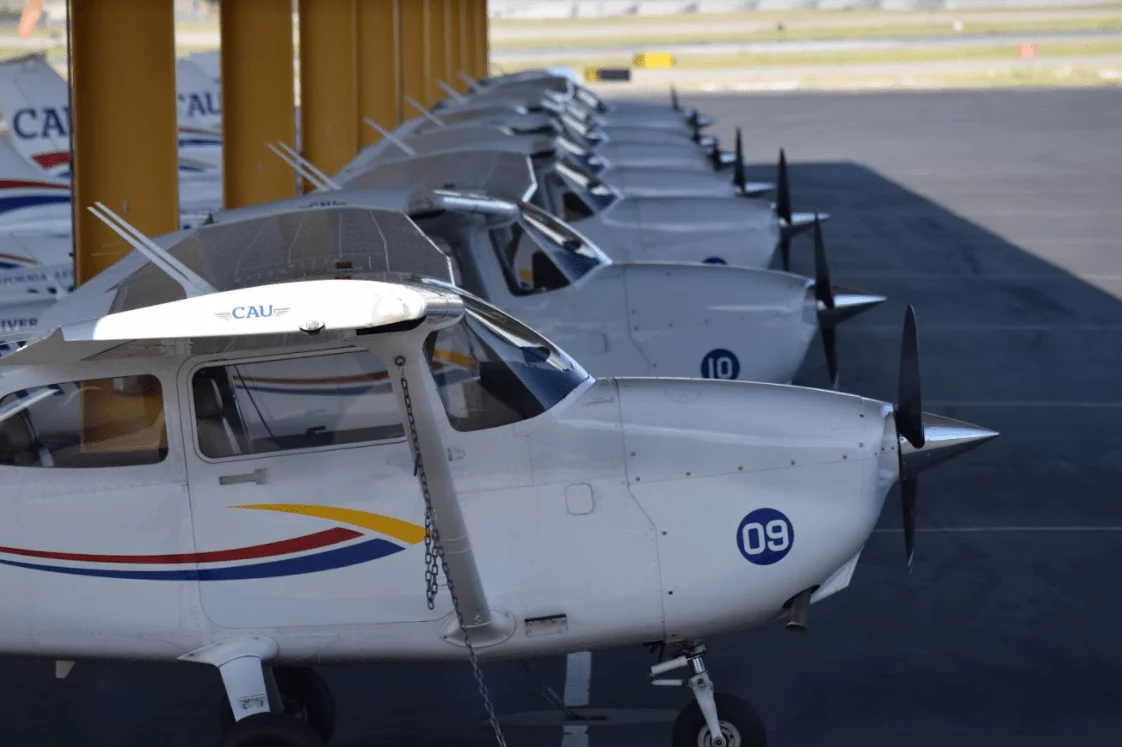
I’m a student with wassce certificate.i’m also have a French background.i’m living in Ghana West Africa country